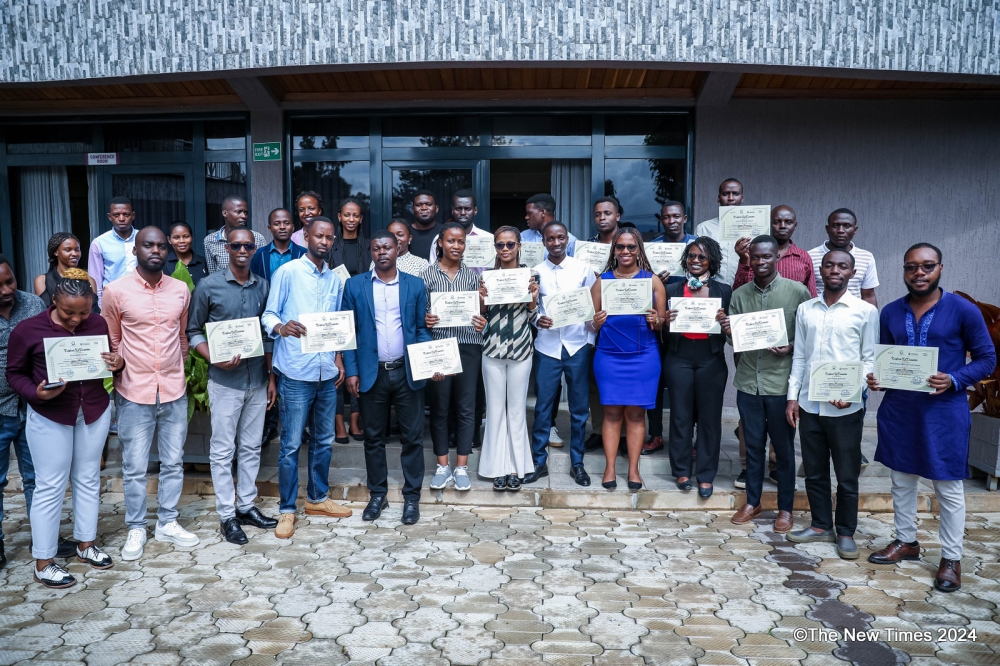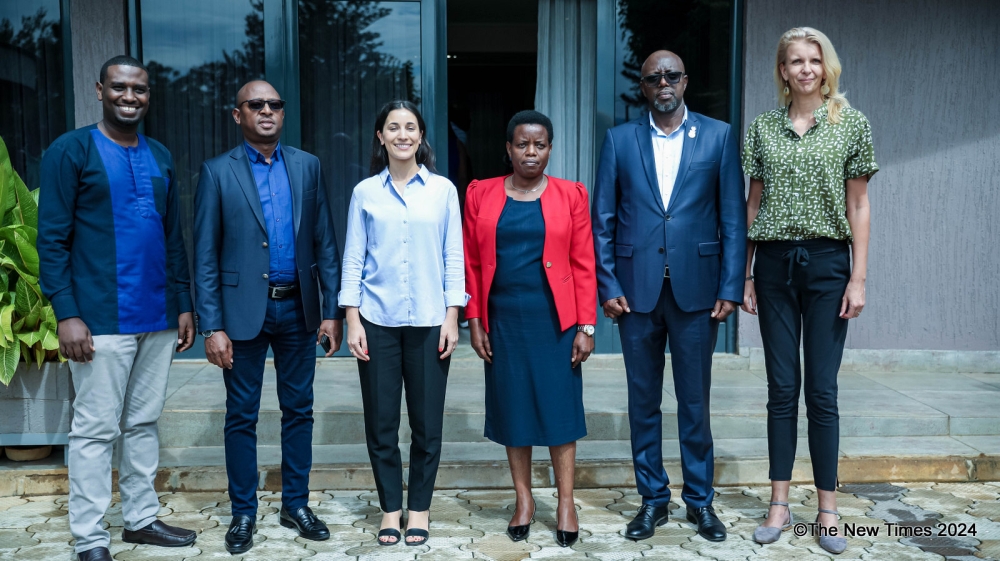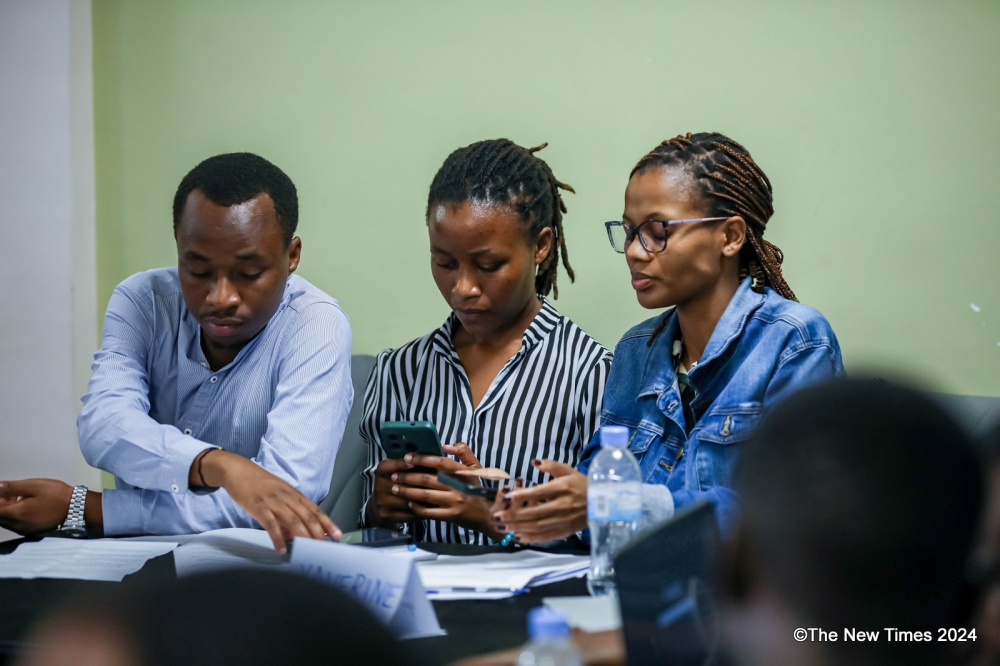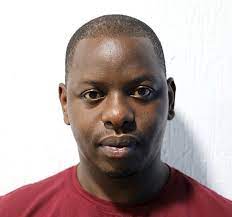

At least 50 engineering professionals received certificates on May 8 after completing a five-day intensive training on soft skills, including communication. The training was organised by the Institution of Engineers Rwanda (IER) in collaboration with the Royal Academy of Engineering, through the Africa Catalyst Project.
Soft skills are non-technical abilities that describe how one works and interacts with others. The training, which began on May 2, provided engineering professionals with effective communication skills crucial for their career growth.


It focused on professionalism in the engineering field and best practices, personal branding, time management, resume and letter writing, building successful teams, project management essentials, mastering oral and written communication, presentation, and job interview skills among others.
Speaking during the official closing of the capacity-building workshop, Gentil Kangaho, the President of the Institution of Engineers Rwanda (IER) said: "Through the training, the engineers gained soft skills and commutation skills. They get technical know-how at the university. But when they come out they do not have such soft skills. They need to communicate, write their resume, and do job interviews. We needed to give them this kind of training so that they know how to communicate, how to report when it comes to project management.”


He said the Institution of Engineers Rwanda (IER) expects graduates to implement changes in their daily tasks to enhance the value of their engineering projects.
"When they go out there on the market, they can easily request jobs, they can easily communicate. We expect better engineers not having technical know-how but also soft skills. Soft skills help increase their performance. They have to make sure that they make use of what they have acquired. If they do not make use of it they will not make a difference in what they do. It will help them easily get jobs,” he said.
Kangaho commended the Royal Academy of Engineering for funding the Africa Catalyst Project, Engineers Against Poverty (EAP) for monitoring the project implementation, and Tasks Africa for leading the training sessions.
The trainers utilised case studies and problem-solving techniques through guided examples, extending theoretical concepts to practical applications with successful, and slip-up, stories supported by videos and tabletop exercises.
The training facilitators were Eng. Papias Dedeki Kazawadi, President of the Federation of Africa Engineering Organisations (FAEO), Doutzen Groothof, Founder of Stand Tall Coaching and Consulting, Kigali, Rwanda, and Joshua Tahinduka, Founder and MD of Elevate Training Solutions Ltd, Kigali, Rwanda, as well as Nike Folayan, Chair and Co-founder, Association for Black & Minority Ethnic Engineers UK (AFBE-UK).
"It is our gratitude to all partners who were involved, and we are looking forward to continuing this partnership because it is very important in the engineering profession,” he added.
Groothof said: "Engineers are technical people, they have knowledge. Applying the knowledge requires collaboration to negotiate and lead projects. They need soft skills to maximise, and utilise the knowledge and ideas that they have.”
She said after the capacity-building workshop, she observed that there is enthusiasm and interest among the graduates in making use of the acquired skills in the labour market.
"After the training, they feel more equipped and powered to take initiative, network, speak to others, and gain confidence,” she said.
She noted that there is a platform that will enable them to follow up if the gained soft skills are changing the way they used to operate.
Alain Ndoli, one of the training graduates said: "We were trained on communication skills that we need in our engineering profession, we discovered how to network, how to secure deals, how to present our projects, and others. We met experienced engineers and we are ready to apply the gained experience.”
Blandine Umutoni, a road construction engineer who graduated from university two years ago, said soft skills are key in career development and gaining expertise.
"Soft skills are much needed in the labour market. These skills will help increase our performance. Improving communication and interpersonal skills will enable us to expand the network as we strive to become entrepreneurs in the engineering sector,” she said.
The first cohort of 50 people began on May 2 while the second and third are slated for August and November respectively.
The needed soft skills include effective communication, writing effective cover letters for engineering positions, reporting and presentation skills, and job interviews, among others.
The programme aims to empower engineering professionals for career success by boosting competency profiles of responsibilities, management, and leadership with communication and interpersonal skills.
The initiative is designed to empower engineering graduates in Rwanda with the essential skills and knowledge required for successful careers through a combination of theoretical concepts, practical exercises, and real-world case studies.
Participants gain insights into building successful teams, understanding team dynamics, and strategies for effective collaboration as well as prioritising tasks and managing time efficiently.
The exercise enhances the trainees’ communication skills, both in written and oral forms to effectively convey technical information, write professional emails, reports, and documentation, and skills in conflict resolution and negotiation for a harmonious working environment.


